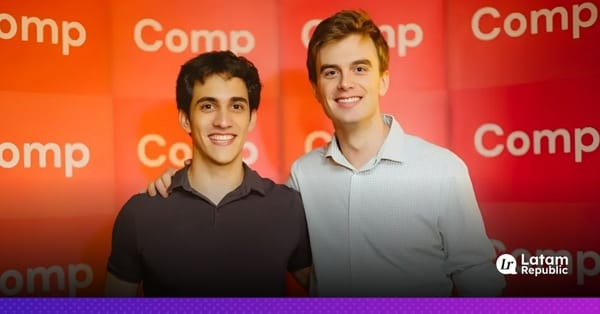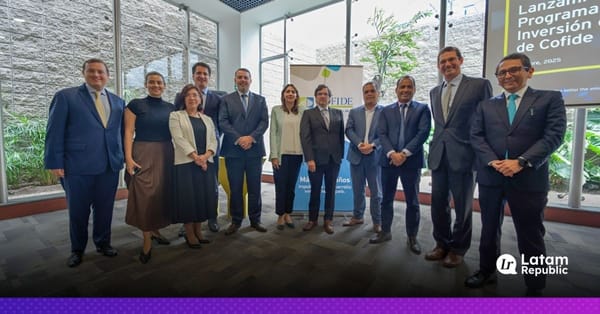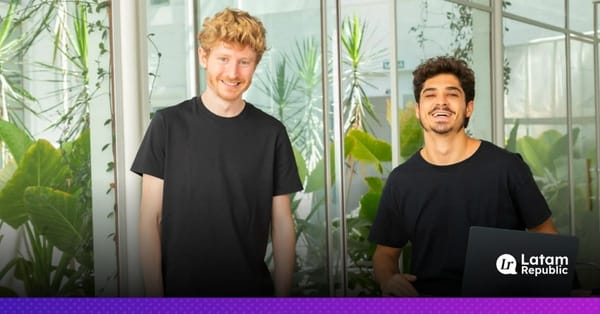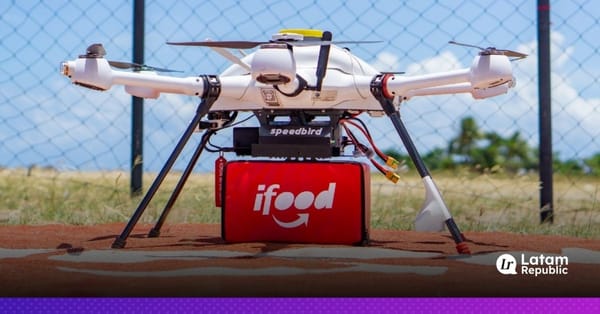“Construction in Latin America Needs Technology, and MAWI Is the Answer”
MAWI transforms Latin America's construction industry by improving project management, efficiency, and competitiveness amid growth and technological challenges
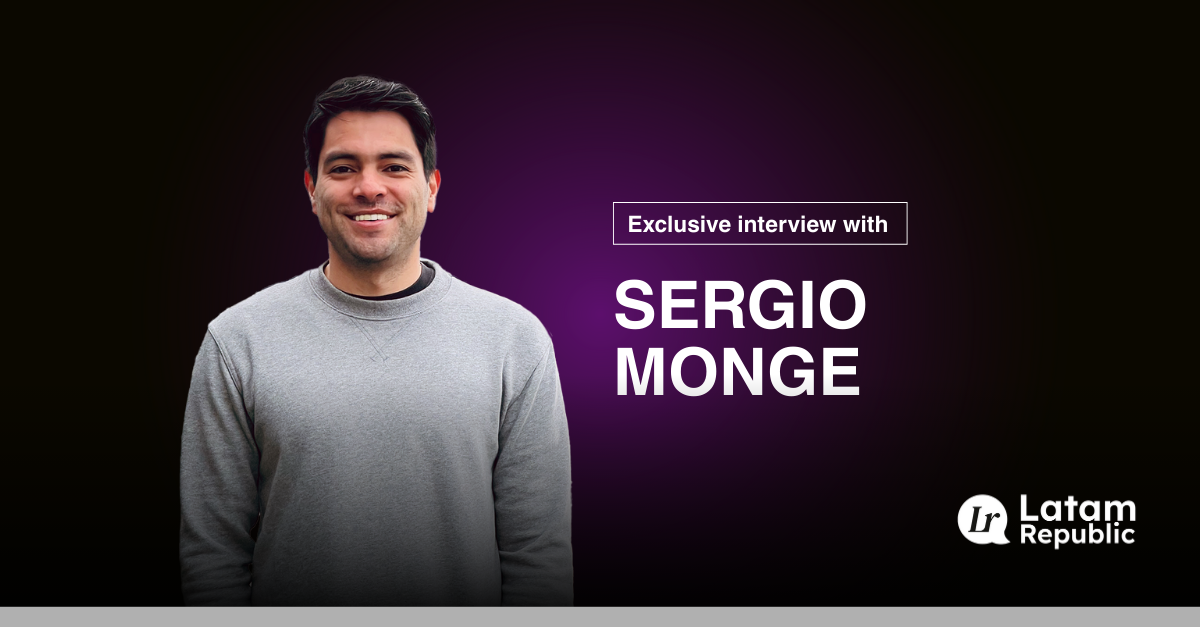
In recent years, the construction industry in Latin America has experienced steady growth. This progress has been driven by multiple factors, including rapid urbanization, the rise of the middle class, and the expansion of key sectors such as tourism, infrastructure, and energy. However, despite this growth, the industry faces significant challenges.
The adoption of advanced technologies remains limited in many regions, affecting the sector’s efficiency and competitiveness. In addition, the lack of financial organization and the reliance on traditional management methods continue to be obstacles for many construction companies. In this context, MAWI emerges as an innovative solution to transform project management in the construction industry across Latin America.
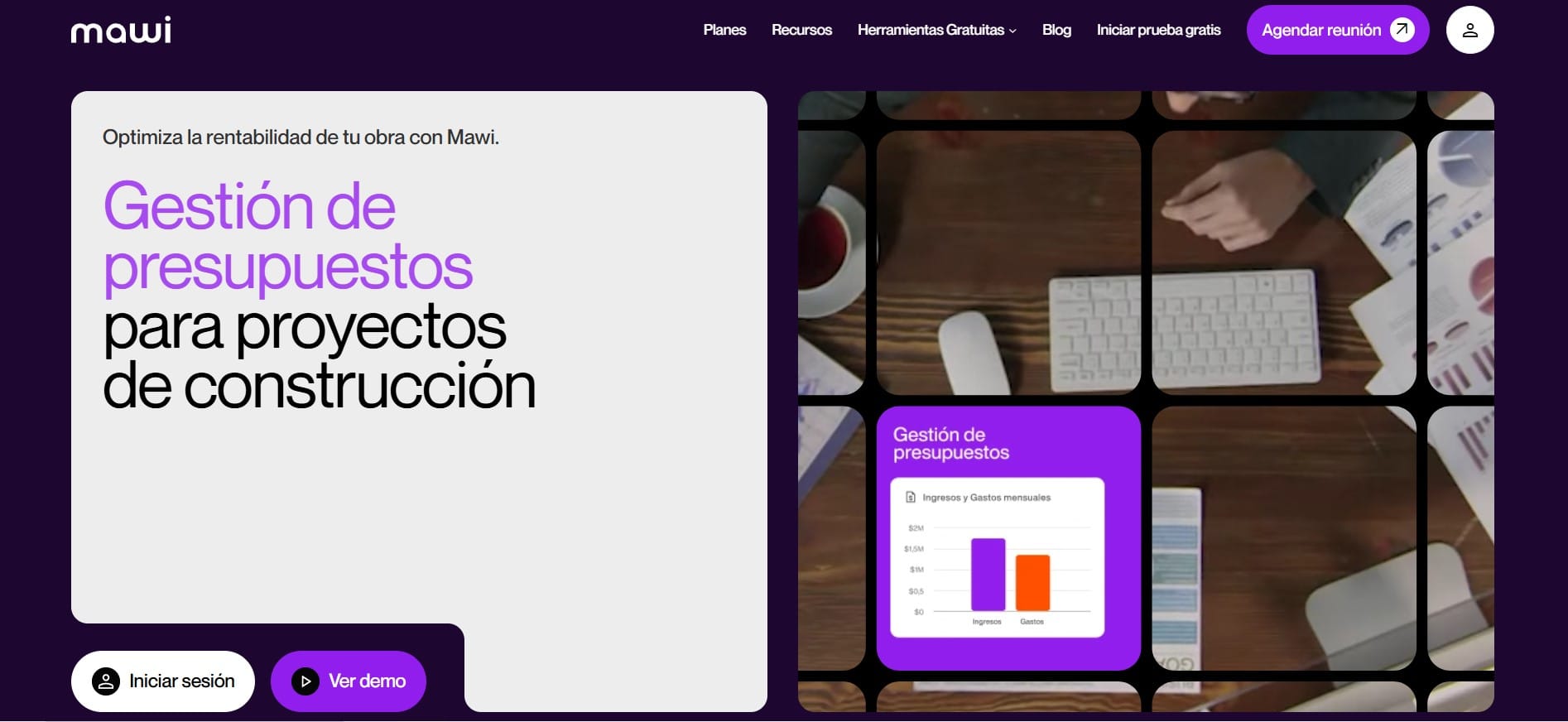
Founded by software engineer Sergio Monge, architect Gloriana González, and finance engineer Federico Ramírez, the Costa Rican startup began as a marketplace for remodeling and construction services. However, they soon identified a deeper problem: the lack of financial organization within construction companies. Leveraging their team’s expertise, MAWI evolved into a technology platform that enables companies in the sector to monitor budgets, costs, and inspection reports in real time.
MAWI’s platform aims to close the technology gap in the construction industry, providing full visibility into projects, enabling informed decision-making, and optimizing profitability for construction companies. Thanks to artificial intelligence and an intuitive design, MAWI automates repetitive processes, accelerates the digitalization of the industry, and improves operational efficiency.
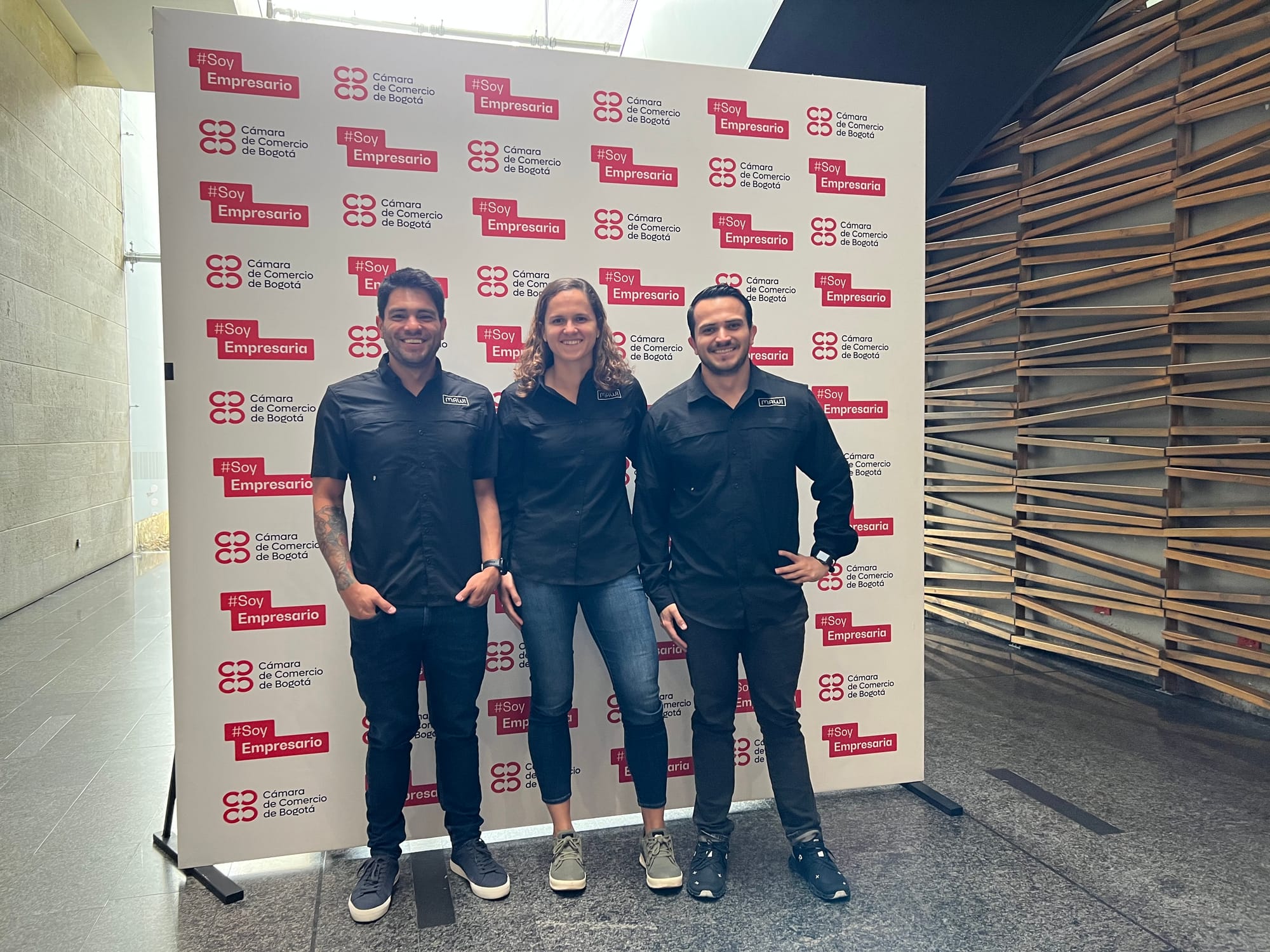
An important milestone in MAWI’s journey was the investment from Caricaco Ventures, a venture capital fund that supports startups in Central America. This investment not only provides financial resources but also offers access to a strategic support network, strengthening MAWI’s position in the regional entrepreneurial ecosystem.
To dive deeper into MAWI’s vision and its impact on the construction industry, we invite you to read the following interview with Sergio Monge, CEO and co-founder of the company:
How did your interest in the construction industry and technological innovation begin, and what values have guided you in creating MAWI?
About four years ago, MAWI was born under a different business model: we were a marketplace where people like us could request remodeling, design, and small home construction services, working hand in hand with several construction companies. Over time, we identified a deeper problem in the sector: many construction companies faced severe financial disorganization. They depended on resources from the previous project to pay for the current one, creating a constant cycle of financial disorder.
Here, the expertise of my co-founder, with a background in finance, was key. This led us to understand that we could add much more value by helping construction companies organize their numbers. This gave rise to the need to develop software that would allow them to efficiently manage the very projects we were bringing to them. Organically, this was the origin of the MAWI we know today. Although it initially had a different focus, experience forced us to rethink the path and concentrate on what was truly needed: building a technological solution focused on financial management for the construction industry.
What motivated you to found MAWI, and how is the platform addressing this critical challenge in the construction ecosystem in Latin America?
The main motivation arose from the need for our clients to handle the operational burden of the projects we referred to them. In that process, we discovered a truly shocking fact: 90% of construction projects in Latin America face cost overruns, which can reach up to 28%.
This is especially critical because these overruns often exceed the average profit margin a construction company makes per project. In numbers, this means that many construction companies go bankrupt due to poor project management. This alarming finding was what drove us to reverse that reality and transform an industry that has historically not been characterized by adopting technology or delivering projects on time.
Our goal is to change those figures, giving construction companies visibility and peace of mind that their projects are moving in the right direction. That premise gave birth to the solution: the real problem lies in the lack of visibility into costs. This is where MAWI comes in, allowing them to project and control in real time. And that, in essence, is the motivation behind creating MAWI.
What makes MAWI different, and why do construction companies choose this solution over traditional or global alternatives?
Here we face two traditional ways of working in construction. The first, and most common, is Excel. Its main advantage is that it’s free and widely known, but that’s where the first challenge arises: it doesn’t allow real-time collaboration, information can become outdated, and data entry is cumbersome and slow. On the other hand, more robust systems like traditional ERPs do allow visualization of information but require teams to manually enter each invoice, purchase order, and report—consuming valuable time and resources.
MAWI radically changes this dynamic. Our platform is specifically designed for Latin America, adapting to how construction is managed in the region. Implementation is quick and simple: it doesn’t require complex training or long adoption processes, and most tasks can even be carried out via mobile or WhatsApp—something crucial since site managers are rarely in the office.
Thanks to artificial intelligence and intuitive design, MAWI automates repetitive processes: invoice and budget reading, purchase order generation, voice-based material requests, and smart reporting. This accelerates industry digitalization, reduces operational friction, and enables much more agile and efficient management at all levels, surpassing the limitations of Excel and traditional ERPs.
Could you share a concrete case or example where MAWI transformed project management, delivering greater efficiency and profitability for a construction company?
Here’s a clear example from a construction company in Guatemala. The project that led them to work with MAWI was one they had managed in Excel, which ended up generating more than $80,000 in cost overruns in just two months. The reason? Excel was not updated in real time. The client requested changes that the engineer approved on-site, but the administrative and financial teams only found out one or two weeks later—by which point there was no budget available.
This triggered a “snowball effect” resulting in major losses due to the lack of visibility of information. Furthermore, even though Excel was inefficient, it still took more than six hours a day to enter project-related data. In short, it was a recipe for failure: no timely access to data and manual processes consuming time on information of little use. Today, with MAWI, the situation is completely different. With our platform, clients can reduce project cost overruns by up to 20% thanks to real-time visibility.
The client now has full access to cost overruns and can detect them long before they reach such high figures. In addition, we’ve enabled small teams—for example, admin teams of just 2–3 people—to manage multiple projects simultaneously with greater efficiency, saving up to six hours a day in manual data entry. This not only translates into profitability but also allows family-owned or mid-sized companies to compete with larger construction firms, opening new opportunities for the entire construction ecosystem.
MAWI has been recognized at key events such as Volcano Summit and Caricaco Summit. What do these recognitions mean for you and the team, and how have they boosted the visibility of the startup in the region?
Yes, all these spaces and supports allow MAWI to resonate in more and more areas where we couldn’t reach through our commercial efforts alone. They give us the opportunity to amplify the voice of what we’re building while highlighting our clients, who are achieving significant savings of money and time in their operations. Ultimately, they serve as both a platform and a driver to help us grow visibility.
Moreover, the people behind initiatives like Volcano and the Caricaco investment fund are experts who constantly analyze startups and market trends. For them to recognize MAWI fills us with pride, as it validates the team’s effort and becomes a kind of badge that motivates us to keep working in the same direction.
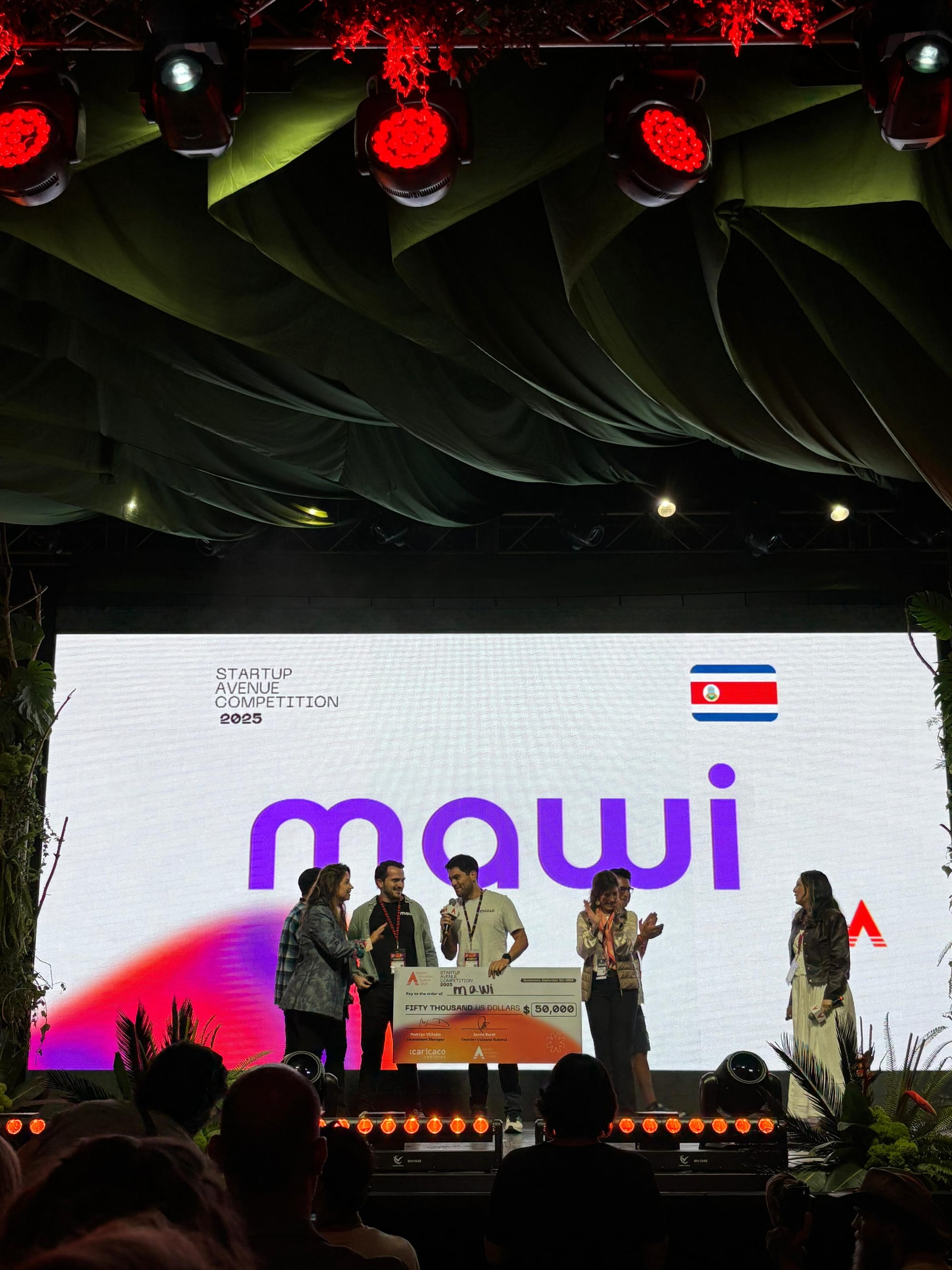
What is your growth vision for MAWI in the coming years, and how do you plan to continue revolutionizing the construction industry in Latin America?
The construction industry in Latin America moves over US$200 billion a year, but more than 90% of projects face cost overruns that can exceed 20–28% of the initial budget. Despite its size, the construction software (ConTech) market in the region is still underpenetrated: most mid-sized companies continue to operate with Excel or manual processes. This represents a huge opportunity, as there are tens of thousands of small and mid-sized construction firms that need digitalization.
Mexico, for example, represents the region’s largest market, with thousands of mid-sized companies that currently lack access to affordable tools, making it our main focus for expansion. In this context, MAWI’s mission is clear: reduce that 90% of cost overruns in construction and transform the industry into a truly profitable business. We want anyone studying civil engineering who decides to start a construction company not to lose money but to succeed from the very first project. Thanks to MAWI, opportunities will open for even small teams to start ventures in construction.
To achieve this, MAWI focuses on automation, simplifying repetitive processes such as data entry, and making it easy for users to adopt the platform without needing a computer—everything works through WhatsApp and mobile devices. Every day, we wake up with the goal of solving these needs and bringing technology closer to those who need it most. Our roadmap centers on three main areas. First, providing clients with visibility into the best time to buy and early alerts when a project starts generating cost overruns.
Second, offering proactive financial analysis that enables informed decision-making. And third, facilitating payments, simplifying the multiple daily transactions that currently remain just data, such as purchases and client deliveries. In five years, we envision MAWI consolidating itself as a key ally in financial project management, optimizing payments and money transactions, and strengthening the profitability of those who trust the platform. With this vision, we not only seek to digitalize construction in Latin America but also to empower the new generation of builders to succeed from day one.

